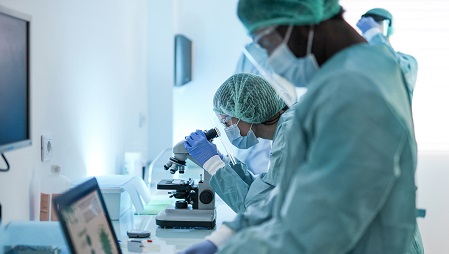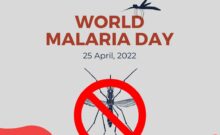Tackling malaria is a challenge we as a global community have been trying to overcome for decades. New medications and protection from mosquitoes are effective shields, make no mistake, but now is the time to go on the offensive.
Recent innovations have turned the fight on malaria in our favour. Let’s explore them in more detail.
The Commonwealth Malaria Tracker
Developed as a result of an international partnership involving the likes of WHO, the RBM Partnership to End Malaria, and Malaria No More UK, the Commonwealth Tracker delivers data on the progress individual Commonwealth countries are making against the commitment to half malaria by 2023, agreed at the 20218 Commonwealth Heads of Government meeting.
The most recent available data, taken from the World Malaria Report 2020, indicates that across the 53 countries, the Commonwealth is some way off reaching this target, and that is without the effects of Covid-19 factored in.
From here, it is possible to identify the trend in malaria cases and deaths, country by country, making it possible to see where additional support my need to be deployed and early intervention arranged before cases rise too high.
Ultimately, the Tracker helps to set realistic objectives for specific regions and holding them to account. Sharing vital knowledge delivered in the data also ensures the Commonwealth community remains united in its ambitions to eradicate malaria.
Breakthrough vaccinations
If Covid-19 has taught us anything, it is that vaccines save lives. It has been a remarkable feat that vaccines were developed for the virus so quickly, and now it seems, malaria is the next disease to have an effective vaccination in circulation.
Earlier this year, a team from the University of Oxford reported a vaccine, R21/Matrix-M, had a peak 77% efficacy. This has paved the way for a phase III trial to take place in five countries with high malaria burden, with the hope of a licence being granted by 2023.
Because of the ever-evolving nature of the Plasmodium parasite, an effective vaccination has proved elusive. Now, after years of research and collaboration, the world could soon have a vital tool in the eradicating malaria arsenal.
Mobile technology and devices
Perhaps one of the most innovative developments in malaria eradication is the use of mobile devices. Research has found that it is possible to use AI and deep learning to analyse DNA samples through a portable device. This removes the need for samples to be first transported and then analysed in a laboratory, leading to a much swifter diagnosis.
As Dr Benji Pretorius knows first-hand, accessing treatment at the soonest possible opportunity is what saves lives. Malaria can lead to death in as little as seven days after symptoms start to show, which is why accurate, rapid detection and diagnosis must continue to be prioritised.
At Erada, mobile technology is used to deliver a result from our Salva! saliva test. The sample is analysed in a portable test kit, making it possible for malaria to be found and treated in even the most remote communities.
There is still some way to go in beating malaria, particularly as the impacts of Covid-19 become clearer. Getting back on track will be vital if lives in the most vulnerable communities are to be saved and we, as a worldwide family, now have the means to make the dream of a malaria-free world a tangible one.







